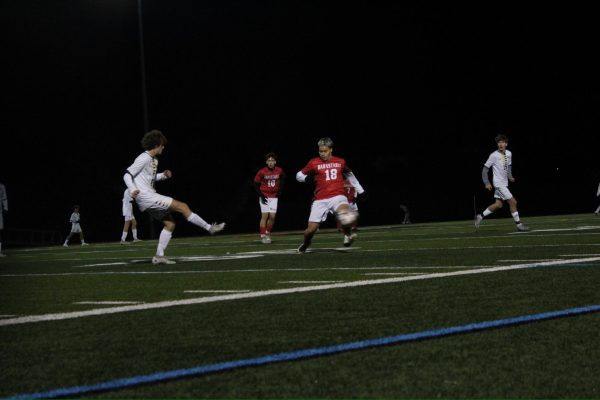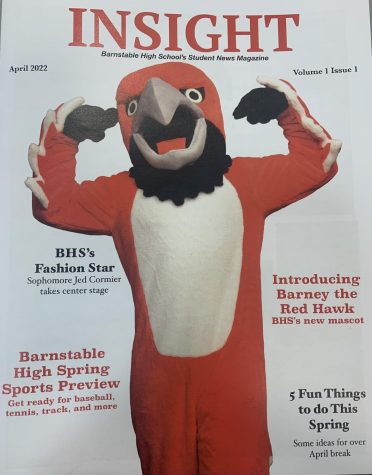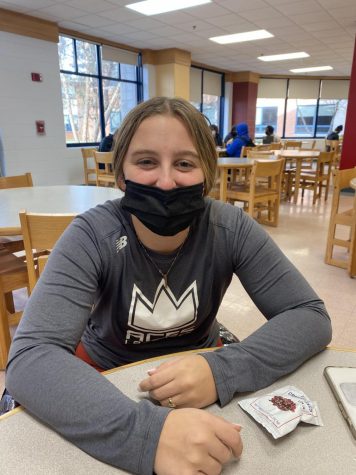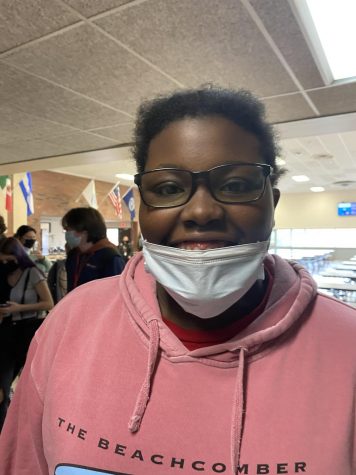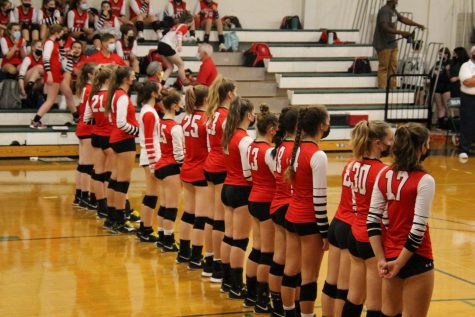Played Hard, Hardly Paid
NCAA players excluded from March Madness profits
March 29, 2016
College basketball teams are getting ready for their money-maker of the year: March Madness. The courts are being readied to fill with camera crews and sportscasters among the genuine fans. And then there are the millions at home watching. Clearly a profit-driven-event (a billion dollars are spent just on commercials for March Madness), none of those profits actually become paychecks for the players.
The argument has been made on multiple occasions (mostly by the NCAA itself) that the players are students and not employees and that their payment is their education. However, not all of these students are on full scholarship; and even if they are, the education they are receiving may not be worth this payment. It was discovered last year at The University of North Carolina at Chapel Hill that student-athletes were offered and pushed to take “paper classes” to boost their GPA. “Paper classes” are classes like a language course in Swahili for the sole reason to boost their grades so they are eligible to play in the season. Swahili isn’t necessarily a language that is going to pay-off later. So much for education being the top priority.
Some also argue that the payment is the chance of going pro. But, the chances of a college player going pro is actually so miniscule that it’s almost irrelevant: the NCAA reports that 1.6 percent of football players and 1.2 percent of basketball players make it to the official ranks.
Then there’s the amount of pressure put onto college athletes. It doesn’t seem to be worth the potential non-payoff. Those who do go pro have looked back on their student-athlete days in college in derogatory terms. NFL player Richard Sherman reflected on his schedule as a football-playing student in college at Stanford University; and from his description, eating a meal seemed like it had to be squished into the overloaded schedule. He dared any non-student-athlete to try to balance what he had to.
Clearly, sports in college are important, but maybe their profits should be reconsidered. College football stadiums dominate the list of the top largest stadiums in the U.S. The money to build and maintain them has to come from somewhere. Many of the college football coaches, including UMass’s former coach Charley Molnar and current coach Mark Whipple, are paid insane amounts of money–Molnar specifically earned $963,035 a year and Whipple $379,808. Because UMass is a state school, these paychecks are actually coming from our state’s funds.
But beyond their salaries, coaches benefit from promotions, talk shows, radio interviews or anything else that comes with a dollar amount. While some coaches are getting millions a year for their work, some fight to keep their players off the payroll, like Clemson’s football coach Dabo Swinney. Swinney’s salary was $3.15 million in 2015, by the way.
With coaches and news networks raking in excessive amounts money, the students who are actually playing the game receive none of this benefit. Now yes, education is important (though not always the one they are receiving) and is a form of payment for their work to represent their school; however, the NCAA has rules against receiving any form of compensation. And while the school putting student-athletes on the payroll seems too far, these athletes should at least be getting money for their names being broadcasted to the public on jerseys.
This compensation rule affects student-athletes still in college; but believe it or not, it goes beyond current students. Ed O’Bannon,who was a college basketball player for UCLA and also pro for 9 years, sued the NCAA because of their use of his identity in a college basketball video game and he wasn’t getting any royalties.
The love of the game should be what drives young athletes to the sport, not the money. But their success should payout in more than partial scholarships, paper classes, identity exploitation, and the slim chance of going pro.



